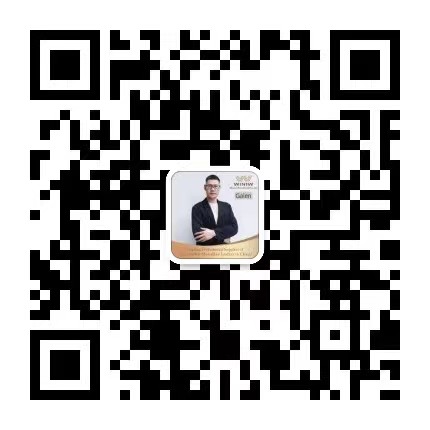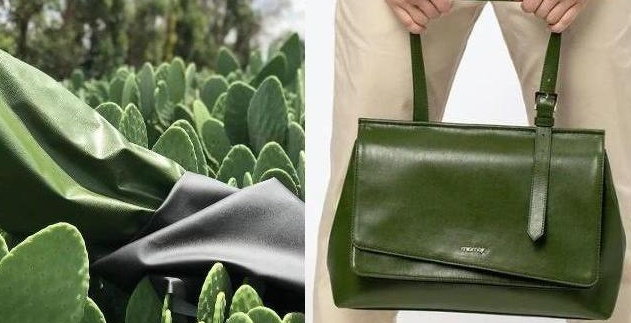 Desserto - Cactus
Desserto - Cactus
Mexican startup Desserto is a biomaterials company working to create highly sustainable vegan leather. The founders are Adri├Īn L├│pez Velarde and Marte C├Īzarez. The duo, who previously worked in the furniture, automotive and fashion industries, decided to quit their jobs to find alternatives to leather after witnessing the serious environmental pollution caused by leather.
In July 2019, Desserto used cactus to develop a new material that can replace leather and named it Desserto. Soft to the touch, stretchy and breathable, this cactus leather can replace almost any animal hide.
The production process is not complicated. First, the mature cacti are harvested, cleaned and washed, mashed, and dried in the sun for three days; secondly, they are processed by machine and ground to a powder state; finally, non-toxic chemicals and biological pigments are added for mixing. Obtains a textured leather-like texture.
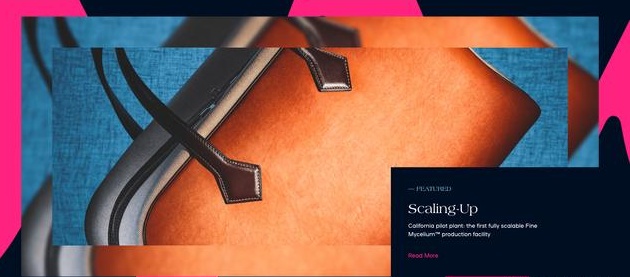
MycoWorks - mushroom mycelium
Also working on developing new biomaterials to replace leather, MycoWorks chose to use mycelium.
MycoWorks was founded in 2013 by Philip Roth and Sophia Ya and is headquartered in California, USA. MycoWorks pioneered Fine Mycelium technology, which uses a highly controlled tray-based system during mycelium cell growth, designed to create tightly wound and inherently strong three-dimensional structures, combined with the mycelium that naturally forms a Solid foam, which can be compressed to obtain a leather-like material.
Reishi is the first natural material made with this technology, with quality and performance comparable to the finest animal leathers, with a lower environmental impact and greater freedom of customization.
In the spring of 2021, MycoWorks announced that it will cooperate with Hermes to launch a new product "mushroom bag", and then ushered in an "open life", which was favored by capital.
To date, MycoWorks has gone through 6 rounds of financing, raising a total of $187 million. Among them, the latest round of Series C financing, which was conducted on January 12, 2022, raised $125 million and was led by Prime Movers Lab. Funds raised will be used to launch the first full-scale Fine Mycelium production facility to meet growing demand for the company's materials.
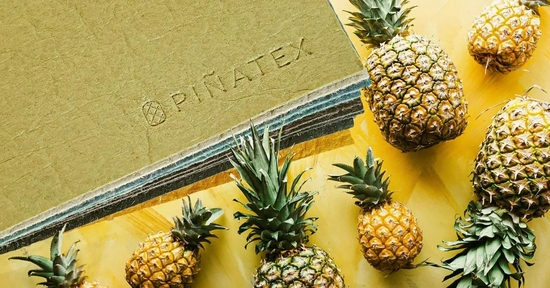
Fruit Leather - discarded mangoes
The Dutch innovative company FruitLeather developed vegetable leather from discarded mangoes. The founders were Koen and Hugo, who graduated from the de Kooning School of Design.
The duo started their business in Rotterdam, the largest market in the Netherlands. The fruit here is dazzling, and a huge amount of waste food is produced every day, such as overripe mangoes and crushed nectarines. So, they collected waste fruit, de-seeded and mashed it, then boiled it and mixed it with adhesive, poured it into a large tray, dried, colored, embossed and other processes to make vegan leather. After many trials, they finally found that mango peel was the most suitable material.
In March 2020, FruitLeather launched the first mango vegan leather bag in collaboration with London fashion brand Luxtra.
In today's world, resources are increasingly scarce, but every year, humans throw away 1.3 billion tons of food and slaughter more than 1 billion animals for leather production. Founders Koen and Hugo believe that "the combination of fruit and leather can fundamentally change a world polluted by animal hides".
Beyond Leather Materials - Apple scrap
Founded in 2016, Beyond Leather in Copenhagen, Denmark, uses the scraps of apples to create a plant-based leather called Leap.
Leap consists of apple scrap mix, finish, textile backing. It is made by mixing apple waste with natural rubber, applying it to a textile backing woven from organic cotton and wood fibers, and finally applying a layer derived from a small amount of fossil fuel to form a three-layer structure that ensures durability and reliability. Persistent.
It is estimated that 3 million tons of apple waste is produced every year in the world, and Beyond Leather produces vegetable leather based on the remaining apple residues from the production of apple pulp, fruit wine and other products. The material is close to animal leather in appearance and feel, and can be naturally degraded, which can reduce environmental pollution and food waste, and provide a more fashionable and healthy leather choice for everyone.
Beyond Leather means beyond leather, and founders Hannah and Mikael believe the future of leather will be plant-based.
Leap is currently made from 80% bio-based ingredients, and is expected to have a 99% bio-based coating by 2023 and 100% biodegradable, leaving no traces, by 2024.
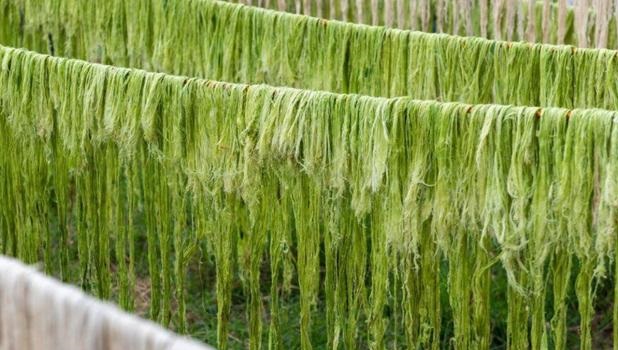
Ananas Anam - Pineapple Leaf
Ananas Anam was founded in London in 2013 and uses pineapple leaves as raw material to create a vegetable leather - Piatex. The founder is Dr. Carmen Hijosa, who has many years of animal leather design background and worked as an industry consultant. Carmen traveled to the Philippines in the 1990s and was struck by the environmental impact of large-scale leather production and chemical tanning, and noticed that the fibrous structure of pineapple leaves was a good candidate for leather substitutes.
Carmen then left the traditional leather manufacturing industry and spent seven years studying textiles. In 2014, 62-year-old Carmen received a PhD in textiles from the Royal College of Art in London, and developed the pineapple leaf fiber into the patented product Piatex.
Piatex does not contain harmful chemicals or animal products, it is soft, strong, breathable, lightweight and flexible, it is also easy to print and dye, it can be easily cut, stitched, embossed and embroidered to meet the design finishes of shoes, bags, cars and more.
There are 7 major steps to make Piatex: collecting pineapple leaves into bundles - extracting long fibers using a semi-automatic machine - washing and drying - purifying and removing impurities to form fluffy materials - adding corn-based polylactic acid (PLA) and mixing to make Piafelt - Finishing - Piatex is made by tinting, water-repellent, resin-finished, etc.
Currently, Piatex is used by more than 1,000 brands in more than 80 countries, including Hugo Boss, H&M, and Hilton Bankside, among others. Carmen's ultimate vision is to build a more sustainable future that connects people, the environment and the economy.
Under the trend of the times of building a community with a shared future for mankind, sustainable development has become the consensus of people all over the world. People's awareness of environmental protection is gradually increasing, and vegetable leather may become a more popular choice for consumers. According to analysts at Infinitum Global, the vegetable leather market will reach US$89.6 billion in 2025, and the Asian market will dominate the industry.

Scan to wechat’╝Ü
